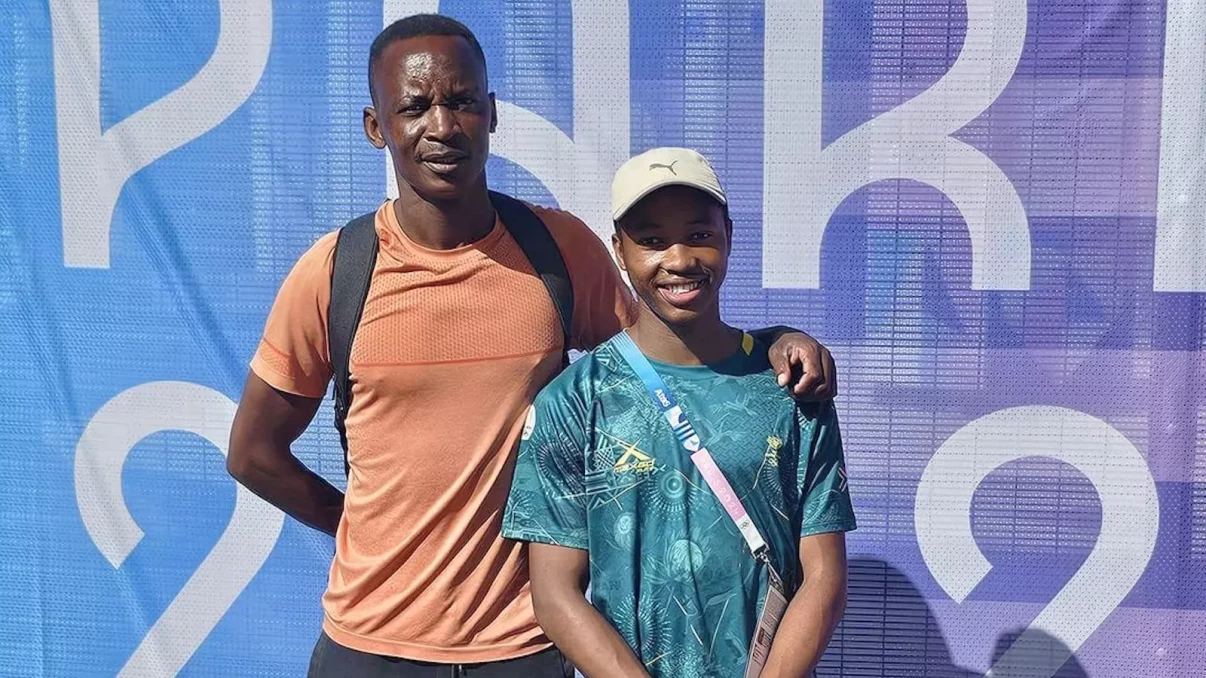Thabo Matibedi bemoans undermining of junior athletics coaches in SA
16th October 2024

South African sprint sensation Bayanda Walaza’s coach Thabo Matebedi has raised concerns about the lack of recognition given to junior athletics coaches in the country.
The Curro Hazeldean High School mentor, known as "Coach T" in athletics circles, played a pivotal role in shaping Walaza into a national star.
However, Matebedi bemoans that many junior athletes often abandon their coaches during the early stages of success.
"Coaches who coach junior athletes are the thunder of the athlete, it's the person that understands the personality, knows the how to, and how the athlete functions," said Matebedi.
"Emotionally there's a big connection between the junior coaches and the junior athlete, so that is being broken because these kids are too young and there are people lying to them.
"And because the junior coaches are being undermined, the parents also move the athletes from their coaches, thinking the 'big coaches' will achieve something, but those 'big coaches', they don't even understand the athlete themselves."
Walaza recently turned down a scholarship offer in the USA to remain with his coach at the University of Pretoria next year, while fellow sprinter Tshenolo Lemao, after the 2017 World U18 Championships, accepted a similar offer – which didn't pan out as expected.
Matebedi believes such decisions can have mixed outcomes for athletes.
"What happens is that, when these boys finish school, they get these contracts from adidas, Nike, Puma, they get agents, and they move to what they call 'big coaches' in this country," he added.
"So they lose their methods, their connection with their former coaches, and there's money on the table, so those are the reasons why these boys don't go on [to succeed] because they change coaches after getting success.
"Mostly, they change coaches, or go to the US, and they undermine their previous coaches or even the country undermines the young coaches, especially at high schools – you will hear this information from the federation through the athletes.
"So how will the athletes keep respecting the coach if the system works like that?"








